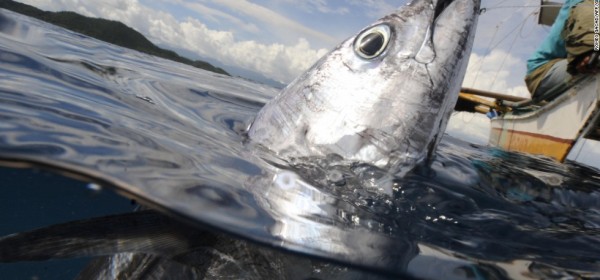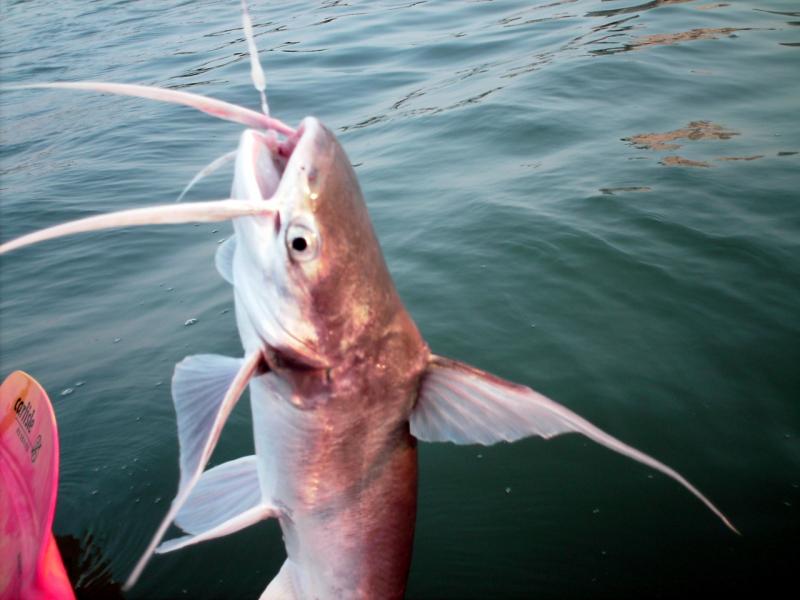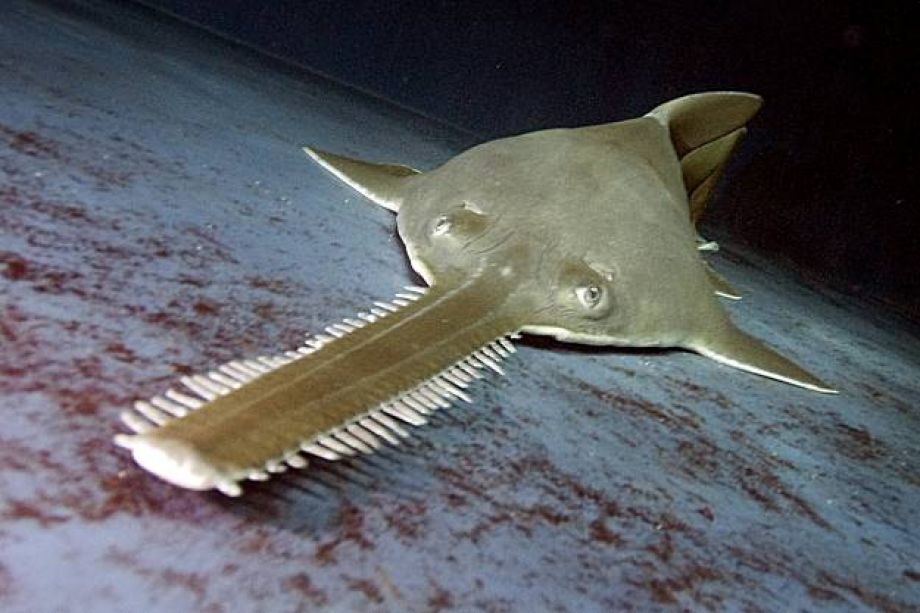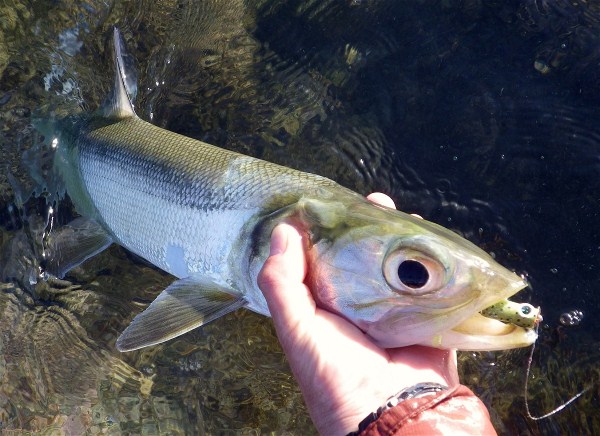Strange croaking sounds, stinging barbs and sharp teeth are just a few of the reasons most anglers avoid certain types of saltwater fish. The majority of people hope that if they are fishing in shore and see the rod tip bob, there is a nice 28 inch snook or a 30 inch redfish on the end of the line. However, the fact is that this is not always the case. If you have been fishing for any time, you likely know how many undesirable catches are really out there – and likely have all the scars that show it.
Some of the species of saltwater fish you should try to avoid catching – and why – are found here.
The Gafftopsail Catfish
This catfish is extremely different from its cousin the freshwater catfish that is non-venomous. However, the silvery-bluish gafftopsail catfish has a number of venomous spines located on the dorsal and pectoral fins that will create a toxic and painful sting. This is a fish you should never handle. Also, if you do happen to hook one be sure to use a dehooker and then use extreme caution if one happens to come in the boat or even near your feet.
The Sawfish
Technically, this is not a fish like the name implies, but it is rather a member of the ray family. This fellow is quite odd looking and has a longer extension on its nose that is full of all types of sharp teeth. Every single species of sawfish are now endangered and if you do happen to catch one you must release it unharmed.
The Ladyfish
Found in both subtropical and tropical ocean and various brackish waters, the ladyfish will often be found in larger schools in estuary areas and on shorelines. These fish are similar to the juvenile tarpon in the way they look and can be a wild jumper when they are caught on a hook. While it may be a fun fight if you do wind up hooking one, you should be warned when you take them off of the hook they are skilled at defecating in a projectile manner.
Take some time to learn about what fish you should and should not catch and the type of equipment to use. Ryan Lindy Sport Fishing offers more information about this and the website, ryanlindysportfishing.com, offers further information that can be helpful. Don’t go into the water unprepared. Know what you should fish for and what you should avoid in order to have a positive fishing experience.




